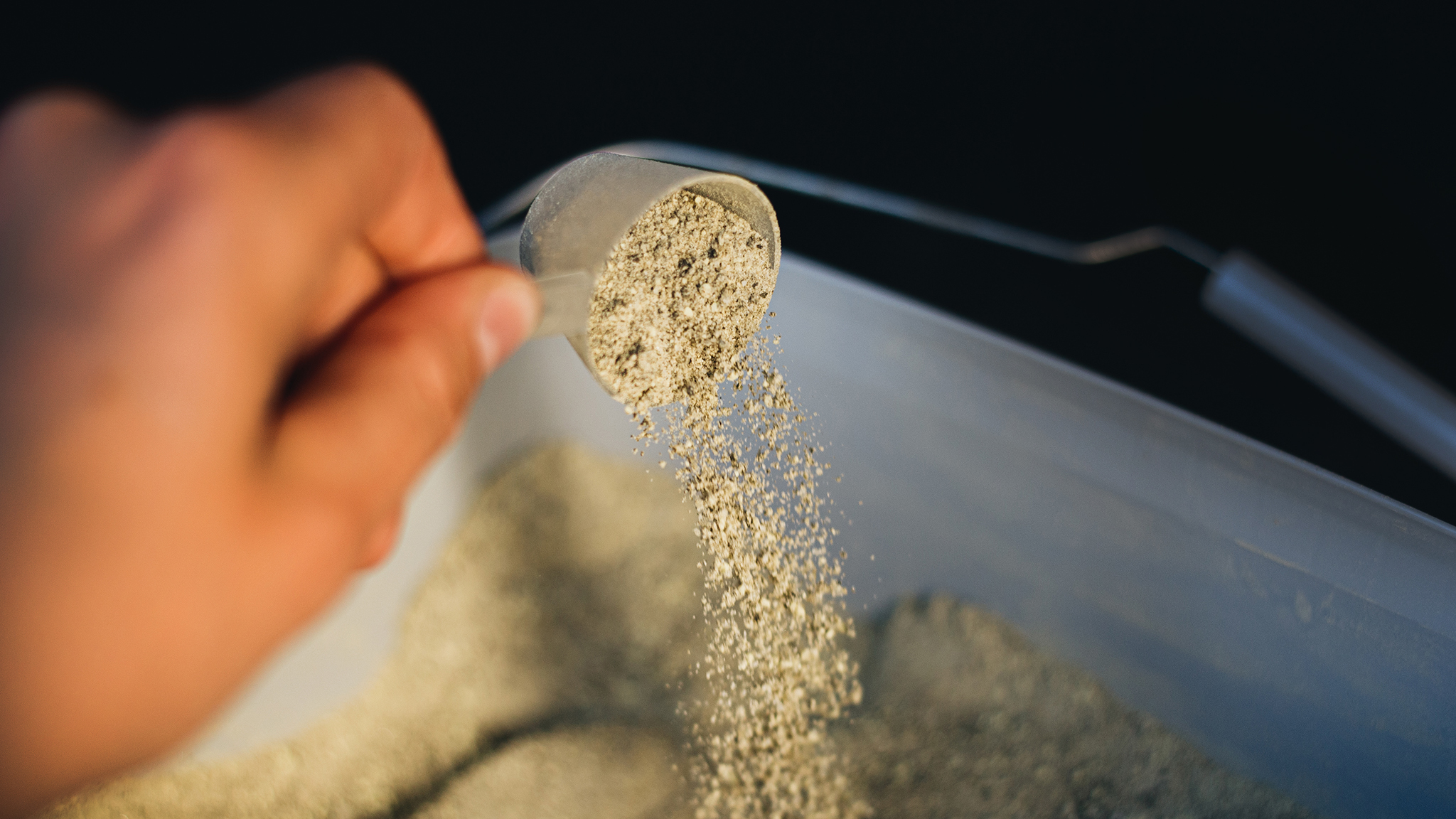Reserch about Ascophyllum nodosum
The influence of feeding a high calcium, algae supplement on gastric ulceration in adult horses
An In Vitro Investigation into the Effects of a Marine-Derived, Multimineral Supplement in Simulated Equine Stomach and Hindgut Environments
Algae Biomass in Animal Production
Summary of sience & studies at DHA
- EMS is an inflammatory condition as horses often suffer from obesity, insulin resistance (IR) and in many cases also catch. In a research on EMS horses fed DHA rich microalgae, it was shown that after 46 days, results could be seen on improved metabolism and insulin response as well as reduced inflammation.
- Several studies also show that a supplement of omega-3 fatty acid DHA, extracted from algae, can have positive effects in breeding tone through improved uterine health and that foals whose mothers received supplementation of omega-3 60 days before the foal was birth, the foals had higher levels of omega-3 in them self compared to other foals. After intake of DHA, there was also an improvement in sperm motility in stallions, both before and after cooling or freezing.
- The University of Florida has shown in its studies that when pregnant mares receive DHA during pregnancy and lactation, the offspring gained easier learning ability and improved working memory.
- Kansas State University found that pulmonary hemorrhage (EIPH) in whole blood in exercise was reduced after being fed DHA supplements for 83 days.
- The benefits of DHA were reported by the University of Liège, Belgium, that they found increased circulation in the red blood cells of horses given DHA and eicosapentaenoic acid (EPA) in the feed state for four weeks.
- Several studies show that a supplement of omega-3 to horses can improve everything from fur quality to protection against allergic disorders and inflammation.
References
Elzinga, S.E., Betancourt, A., Stewart, J.C., Altman, M.H., et. al., 2019. Effects of docosahexaenoic acid-rich microalgae supplementation on metabolic and inflammatory parameters in horses with equine metabolic syndrome. Journal of Equine Veterinary Science, 83, 102811.
Jacobs, R.D. 2015. Dietary supplementation of omega-3 fatty acids influences the equine maternal uterine environment
and embryonic development.
Buist, S.E., J.M. Kouba, J.D. Lillich, et al. 2015. Peripartum maternal DHA/EPA supplementation and the effect on mare
reproductive parameters and foal bone metabolism. Journal of Equine Veterinary Science 35(5):441.
Adams, L.A., Grady, S.T., Seale, J. & Cavinder, C.A. 2008. Supplementing fatty acids to improve sperm characteristics.
Adkin, A.M., Muniz, A.V., Mortensen, C.J., & Warren, L.K. 2015. Maternal fatty acid supplementation influences memory
and learning ability in yearling and 2-year-old horses. Journal of Equine Veterinary Science, 35(5), 419.
Howard H. Erickson, DVM, PhD; Tammi S. Epp, DVM, PhD*; and David C.Poole, PhD,DS. Review of Alternative Therapies for EIPH
Forskning inom ämnet organiska mineraler:
"This study was conducted to investigate the effect of Selenium supplements and the significance of which source Selenium comes from, organically or synthetically produced."

 SWE
SWE


 ENG
ENG NO
NO AX
AX DE
DE